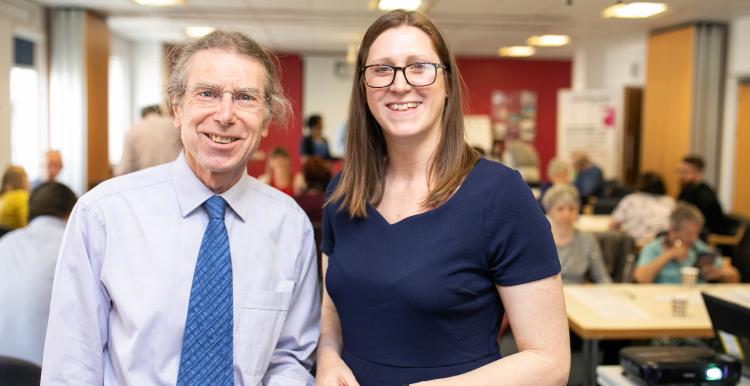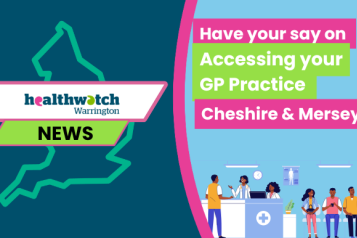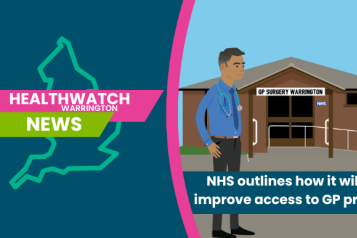Registering with your GP: understanding your rights

An average person will see a GP around seven times a year, according to the Royal College of GPs. Yet accessing a GP continues to be a common issue that you talk about to your local Healthwatch.
We have pulled together some answers to help you understand your rights when registering with your GP using NHS guidelines.
Tell us about your experience of care
Has your care been disrupted by COVID-19 and its impact on health and social care services? Whether it’s good or bad, we want to hear from you.
It only takes five minutes and your feedback can help NHS and social care services understand the steps they can take to improve care for you and your loved ones.
Do I need a proof of address to register with my GP?
Having proof of where you live helps, but NHS guidelines clarify you don’t need to have proof of address when registering with a GP. This also applies if you are an asylum seeker, refugee, a homeless patient or an overseas visitor - whether lawfully in the UK or not.
Do I need ID to register with my GP?
You do not have to provide ID when registering with a GP, but it does help. Below is a list of documents that you can use as ID:
- Passport
- Birth certificate
- Biometric residence permit
- Travel document
- HC2 certificate
- ARC card
- Utility bill
What could stop me from being able to register at my GP?
A GP must explain the reason for refusing your request to register in writing. The GP has the right to refuse if the following criteria are met:
- The practice cannot take on new patients
- The practice is not accepting patients that do not live within its practice boundary
- It may not be appropriate for you to register with a practice that is a long way from where you live
What to do if you are refused the right to register
Ask the GP receptionist to write with the reason why they cannot register you. If the GP already has too many patients, they can refuse to register you, but they must explain this in writing.
If you have problems registering with a GP surgery:
- Call the NHS England Customer Contact Centre on 0300 311 22 33
- Contact your local Healthwatch
Here are some ways that you can make a complaint:
By email (for the attention of the complaints manager in subject line)
By post: NHS England, P.O. Box 16738, Redditch, B97 9PT
By phone: 0300 311 2233 (Telephone Interpreter Service available)
Further information can be found from your local Citizens Advice or your local Healthwatch. This information can be made available in alternative formats, such as easy read or large print and may be available in alternative languages upon request. To receive this, contact 0300 311 2233 or send an email to NHS England.
I want to change my GP practice; do I have to give a reason?
No, you don't have to tell your practice why you want to change or your new one why you made that decision.
You will need to fill in a registration form. A request will then be made to your current GP for your medical records to be transferred to the new GP surgery.
Read more information on how to register in practices further away from your residence.
Getting ill during the holidays
If you have registered at a new practice whilst at university and become unwell when you're at home or not staying near your university GP, you can contact your nearest practice for treatment.
You can receive emergency treatment for 14 days. After that you will have to register as a temporary resident or permanent patient.
Find out how to register as a temporary resident with a GP
You can also visit an NHS urgent treatment centre, which can provide treatment for minor injuries or illnesses such as cuts, bruises and rashes.
However, they are not designed for treating long-term conditions or life-threatening problems. You do not need an appointment and you do not need to be registered.
More information
Are you an asylum seeker, refugee, a homeless patient or an overseas visitor, whether lawfully in the UK or not?
Download these leaflets and be more aware of your rights to register with your GP.


